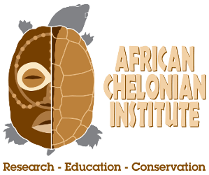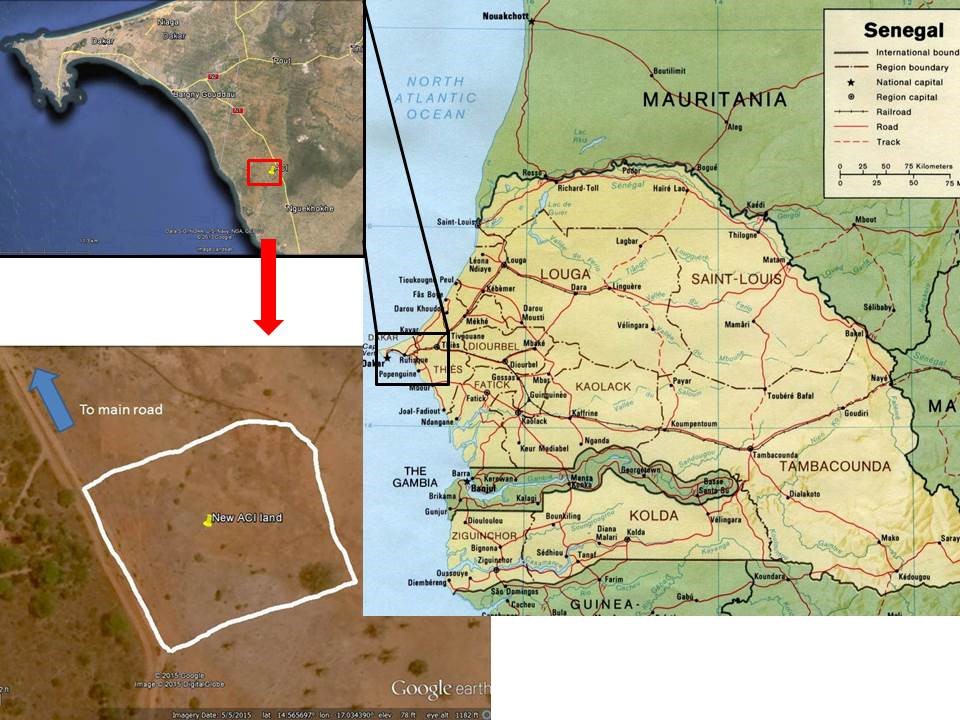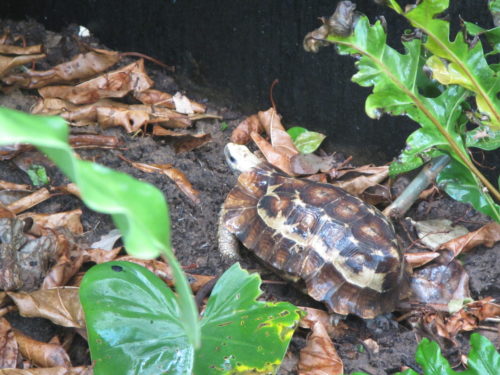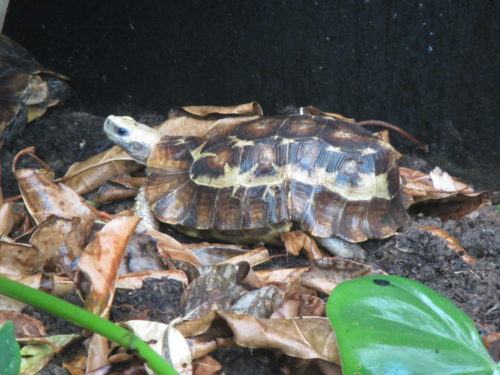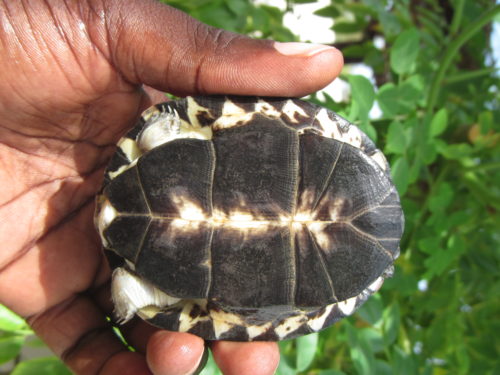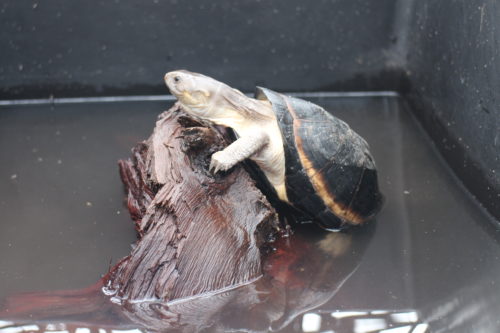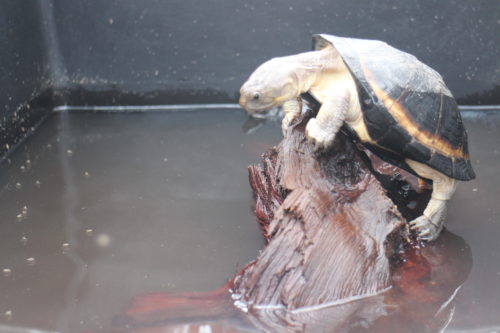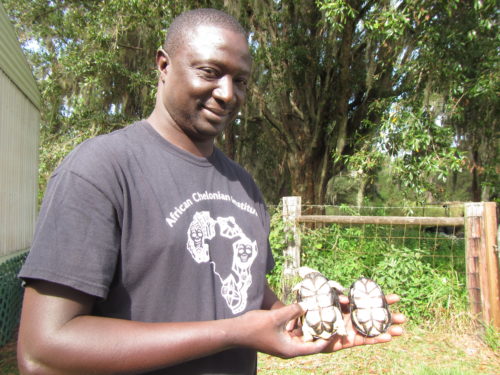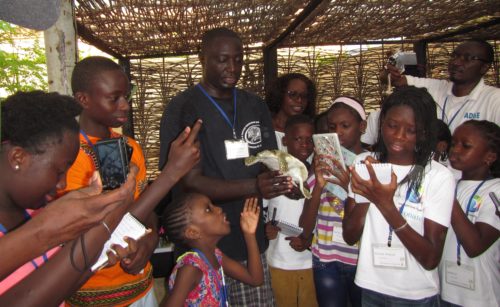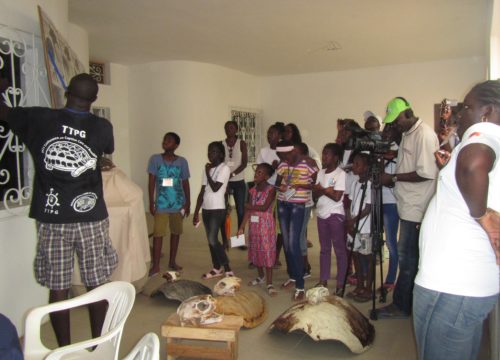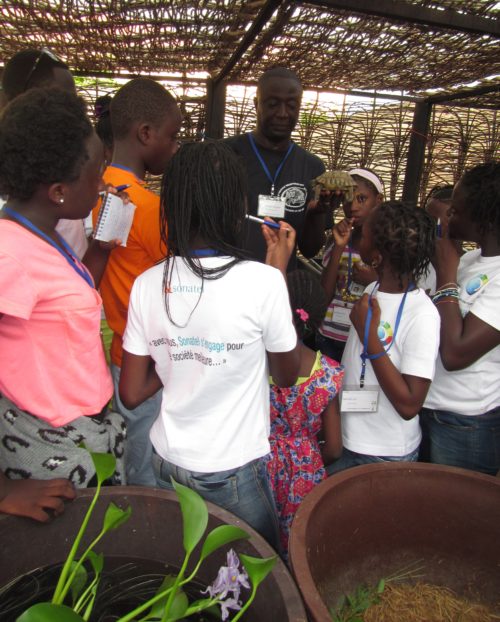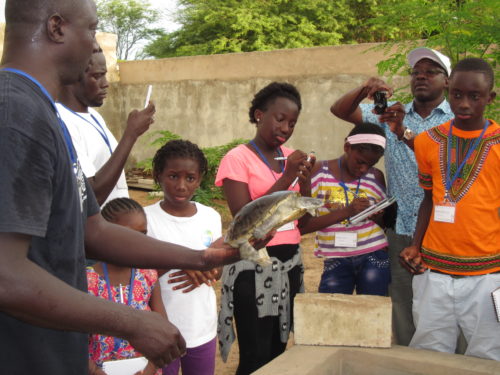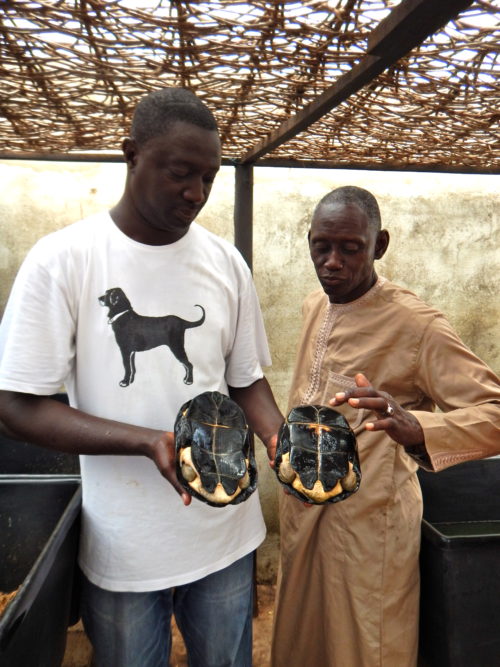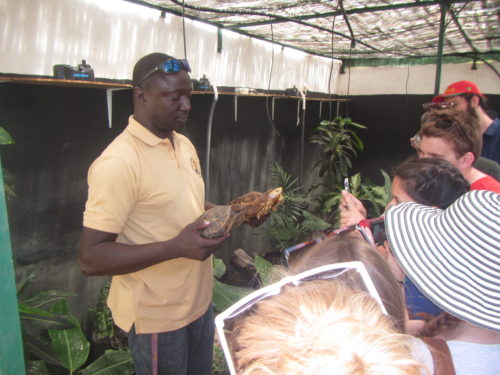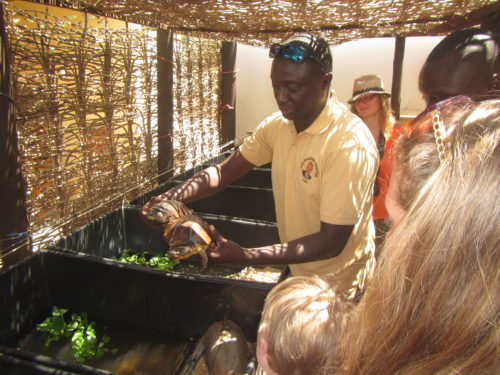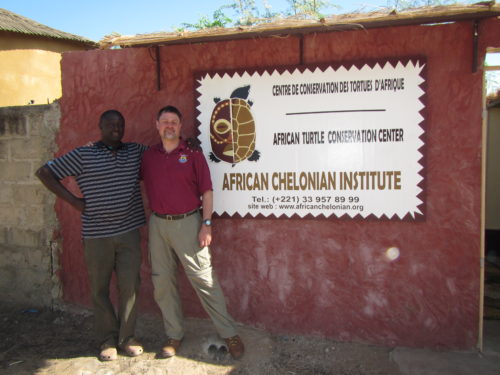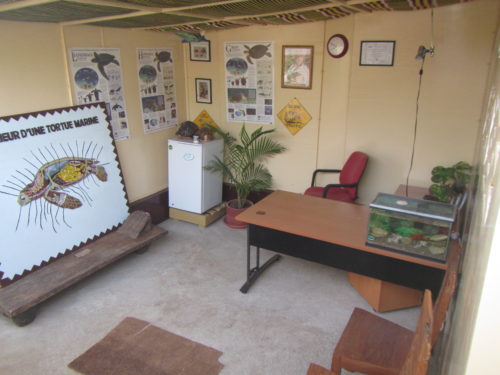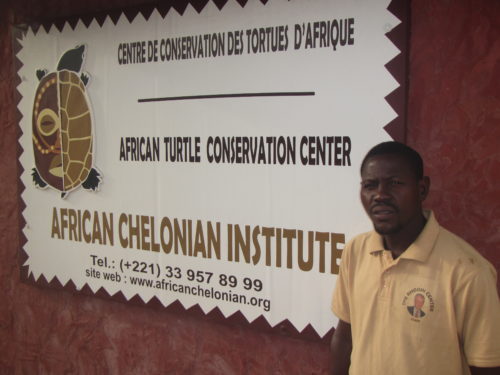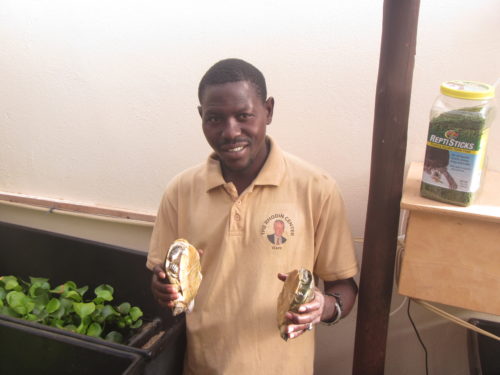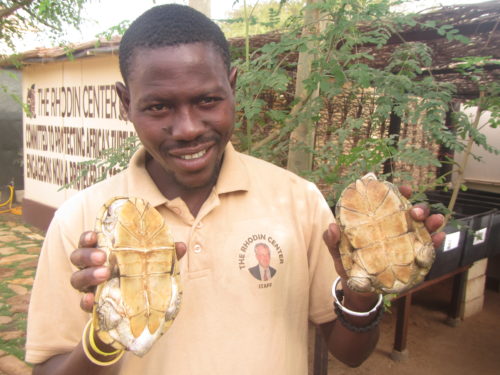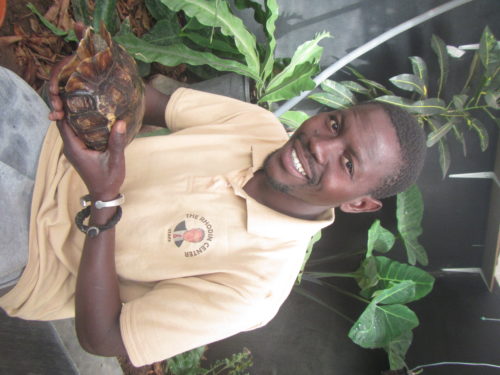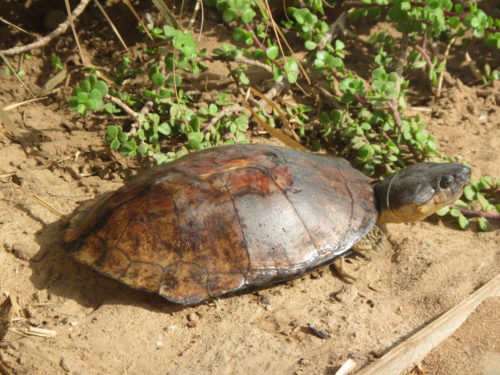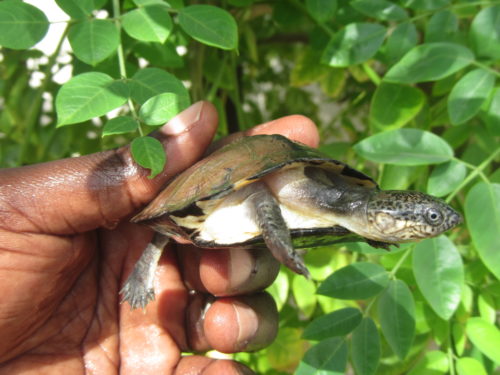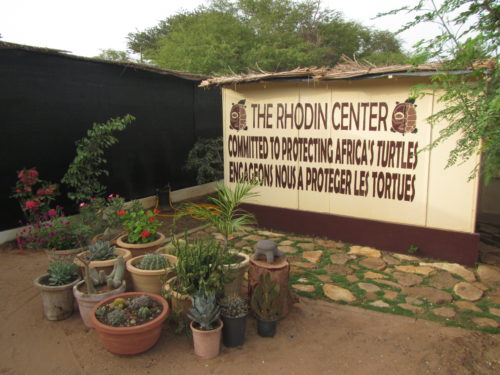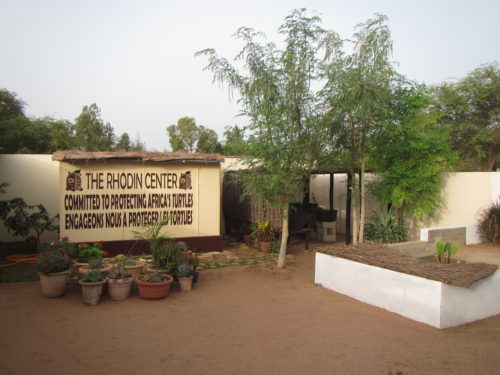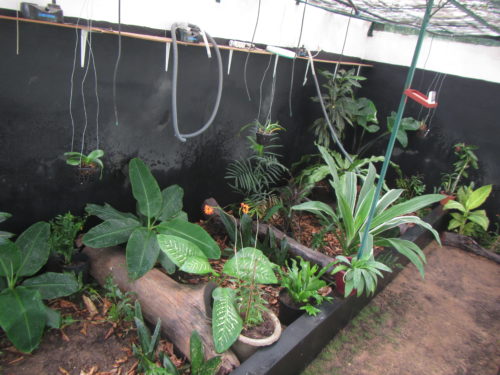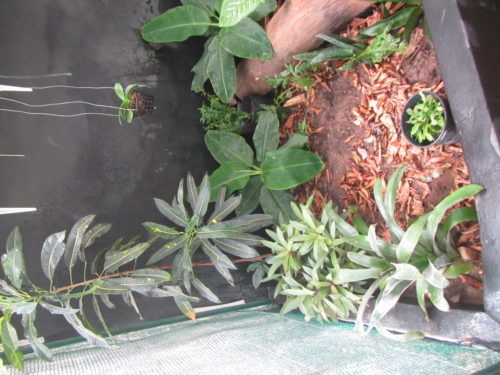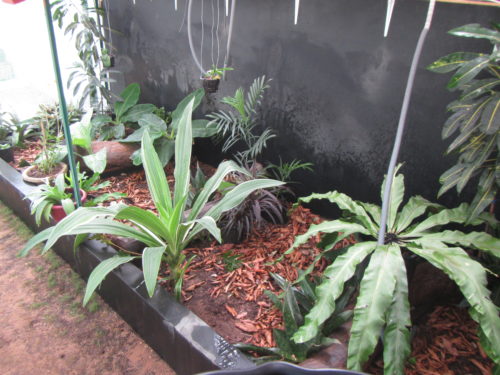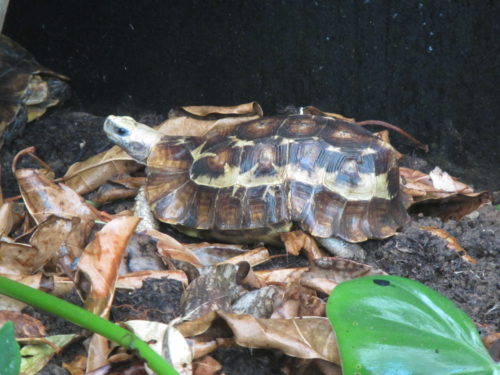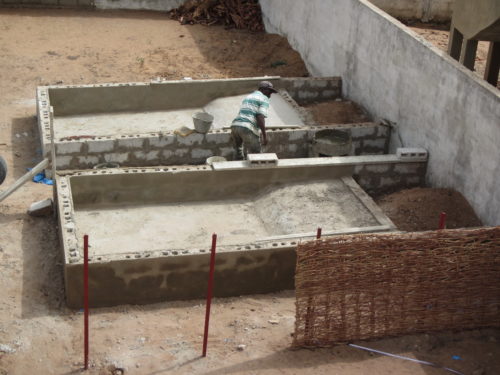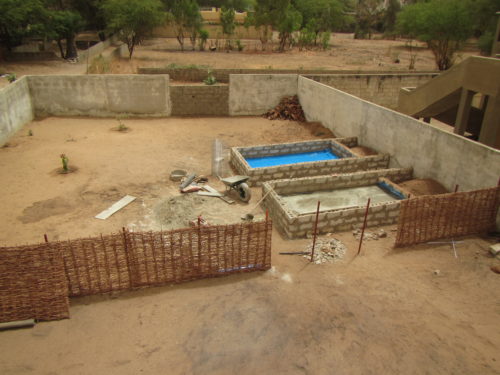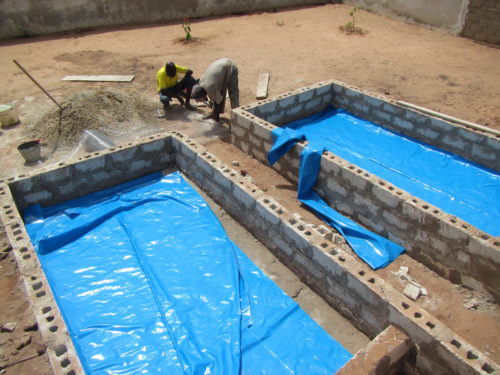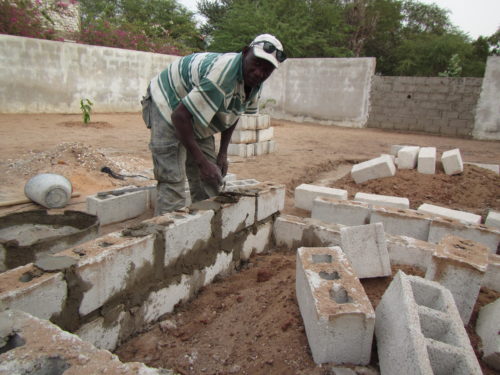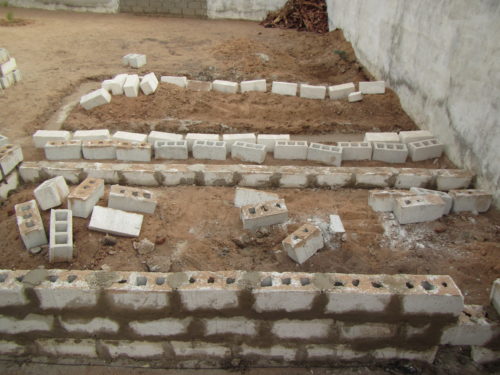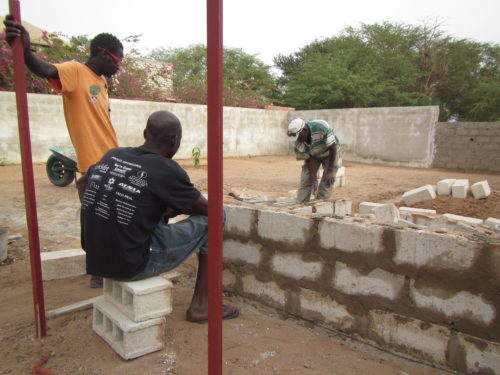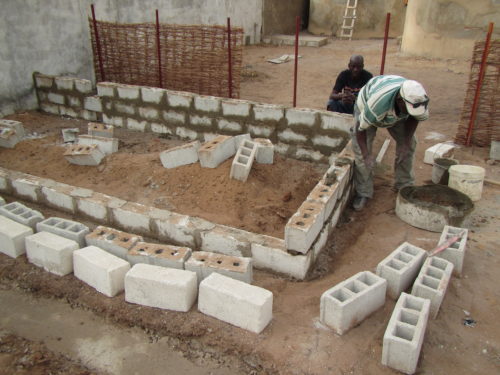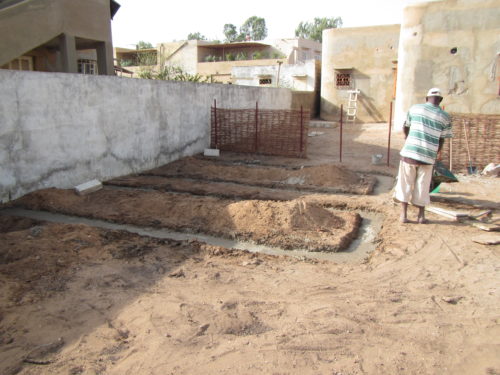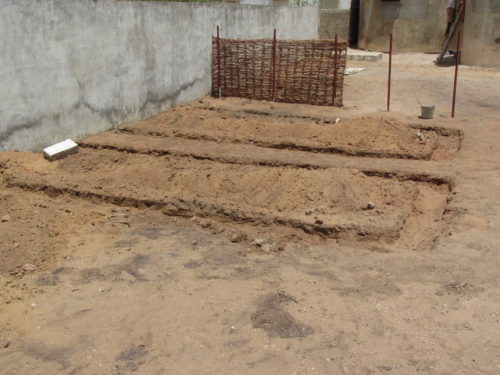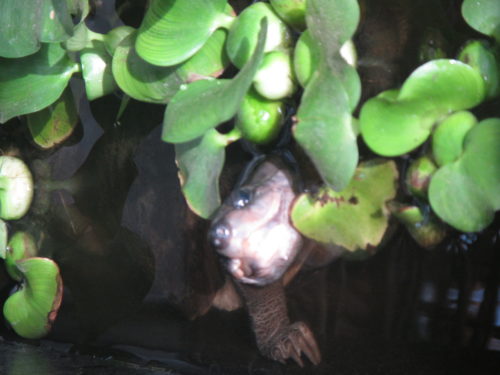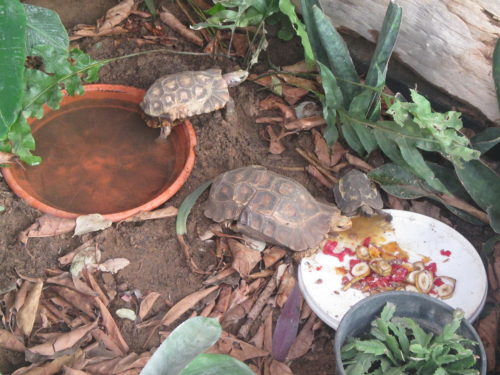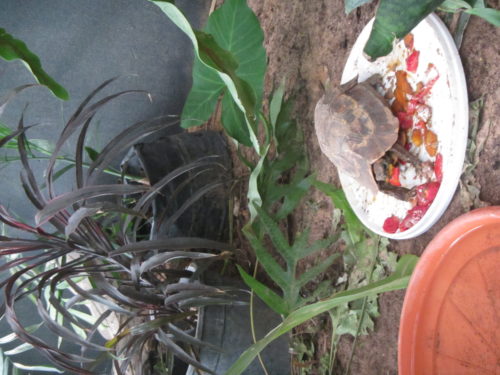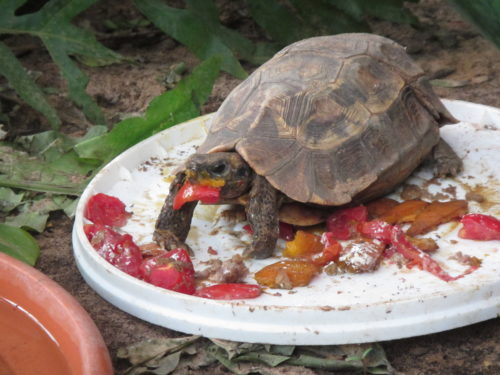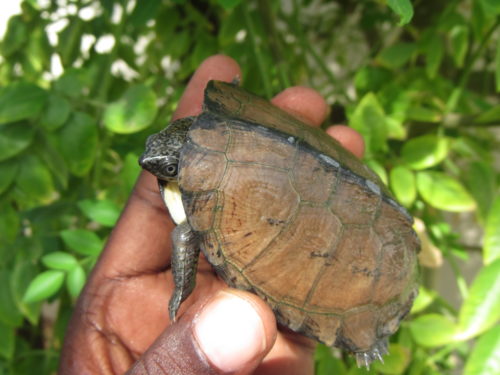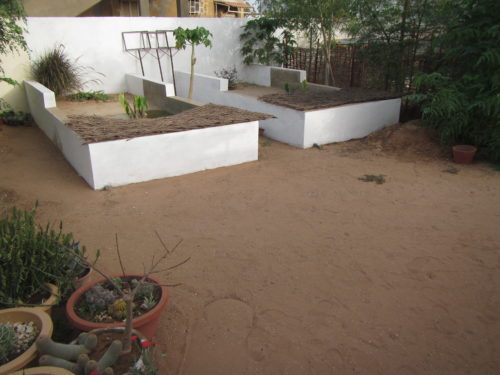The Rhodin Center Breeding & Outreach
Project Description
Turtles are the vertebrates under the greatest threat worldwide. Among the approximately 320 extant turtle species, the species occurring in Africa have been especially hard hit. Africa is now considered the continent where Eunotosaurus africanus the oldest known ancestor of the chelonian order (all turtles), has evolved to spread across several continents 260 million years ago (Lyson T. et al 2010). Ironically, very little is currently known about the status and distribution of many of the 56 endemic African freshwater turtle and tortoise species, but it is known that human activities are likely causing serious declines of many species (Iverson 2006). Many are not listed on the IUCN Red List because there is little to no information about them other than reference specimens and new species are still discovered regularly (Myers et al 2000). The remote locations where these turtles live make them very difficult to study, and they are hunted throughout Africa as a source of food. In other instances, the decline of some species has been well-documented. Most freshwater turtles and tortoises are not protected by law and many populations are being decimated. In many cases, suitable habitat still exists, but conservation measures need to be initiated (Rhodin et al 2008). This facility is a component of the African Chelonian Institute program and has been named in the honor of Dr. Anders G.J. Rhodin, Chairman Emeritus of the IUCN/SSC Turtle and Freshwater Turtle Specialist Group, one of the world’s leading expert in chelonian conservation.
Goals and Expectations
The goals of The Rhodin Center are two-fold. First, to enhance our assurance colonies (ex situ) for African chelonian species, particulary African Forest Hingeback tortoises, Kinixys erosa (Endangered, IUCN-Redlist) & homeana (Critically Endangered, IUCN-Redlist), release head-started and confiscated specimens back into the wild to reinforce remaining populations. Secondly, The Rhodin Center will play a key role in public outreach about the need and the importance to conserve African turtles and tortoises.

